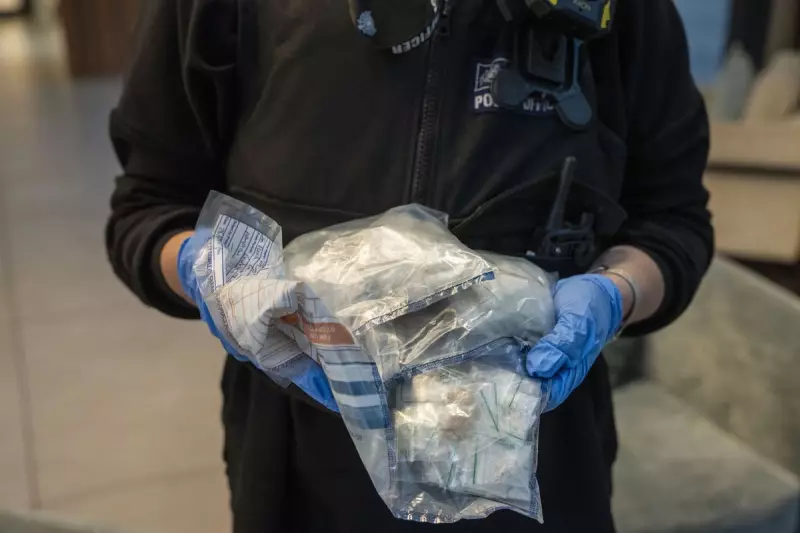
Britain is facing a devastating child exploitation crisis as county lines drug gangs systematically recruit thousands of vulnerable young people into their criminal networks, according to shocking new data from the Home Office.
The Scale of Exploitation
Official figures reveal that police forces across England and Wales recorded over 3,000 cases where children were identified as potential victims of 'county lines' drug trafficking in just one year. The true scale is believed to be significantly higher, with many cases going unreported or undetected.
These criminal operations typically involve urban gangs expanding their drug distribution into smaller towns and rural areas, using dedicated mobile phone lines to coordinate deals. What makes this phenomenon particularly alarming is the deliberate targeting of children and young people who are coerced into carrying drugs, money, and weapons.
Grooming Tactics Exposed
Investigators have identified sophisticated grooming methods employed by these gangs:
- Financial entrapment: Offering large sums of money to children from disadvantaged backgrounds
- Status and belonging: Providing a sense of identity and community to isolated youth
- Debt bondage: Getting young people indebted through gifts or 'loans' then demanding repayment through criminal activity
- Violence and intimidation: Using threats against victims and their families to ensure compliance
Police Response Under Strain
Law enforcement agencies report being overwhelmed by the scale and complexity of county lines operations. The National Police Chiefs' Council has identified these networks as a priority threat, but resources remain stretched thin.
'We're dealing with highly organised criminal enterprises that are constantly evolving their methods,' explained one senior police officer involved in countering county lines. 'For every line we shut down, another seems to open elsewhere.'
Vulnerable Communities at Risk
The impact extends far beyond the immediate victims. Rural communities and coastal towns that previously had limited experience with serious drug crime now find themselves on the front lines of this national epidemic.
Children in care, those with special educational needs, and young people experiencing family breakdown are disproportionately targeted by recruiters. Social services and schools are increasingly working with police to identify at-risk youth before they fall prey to these networks.
Government Action and Criticism
While the Home Office has allocated additional funding to tackle county lines, critics argue that budget cuts to youth services, mental health support, and social care have created the perfect conditions for gangs to thrive.
The government maintains that its 'tough on crime' approach is making inroads, but campaigners insist that prevention and early intervention must be prioritised alongside law enforcement.
As this hidden crisis continues to unfold, communities across Britain are demanding more robust action to protect their most vulnerable young people from falling into the clutches of organised crime.





